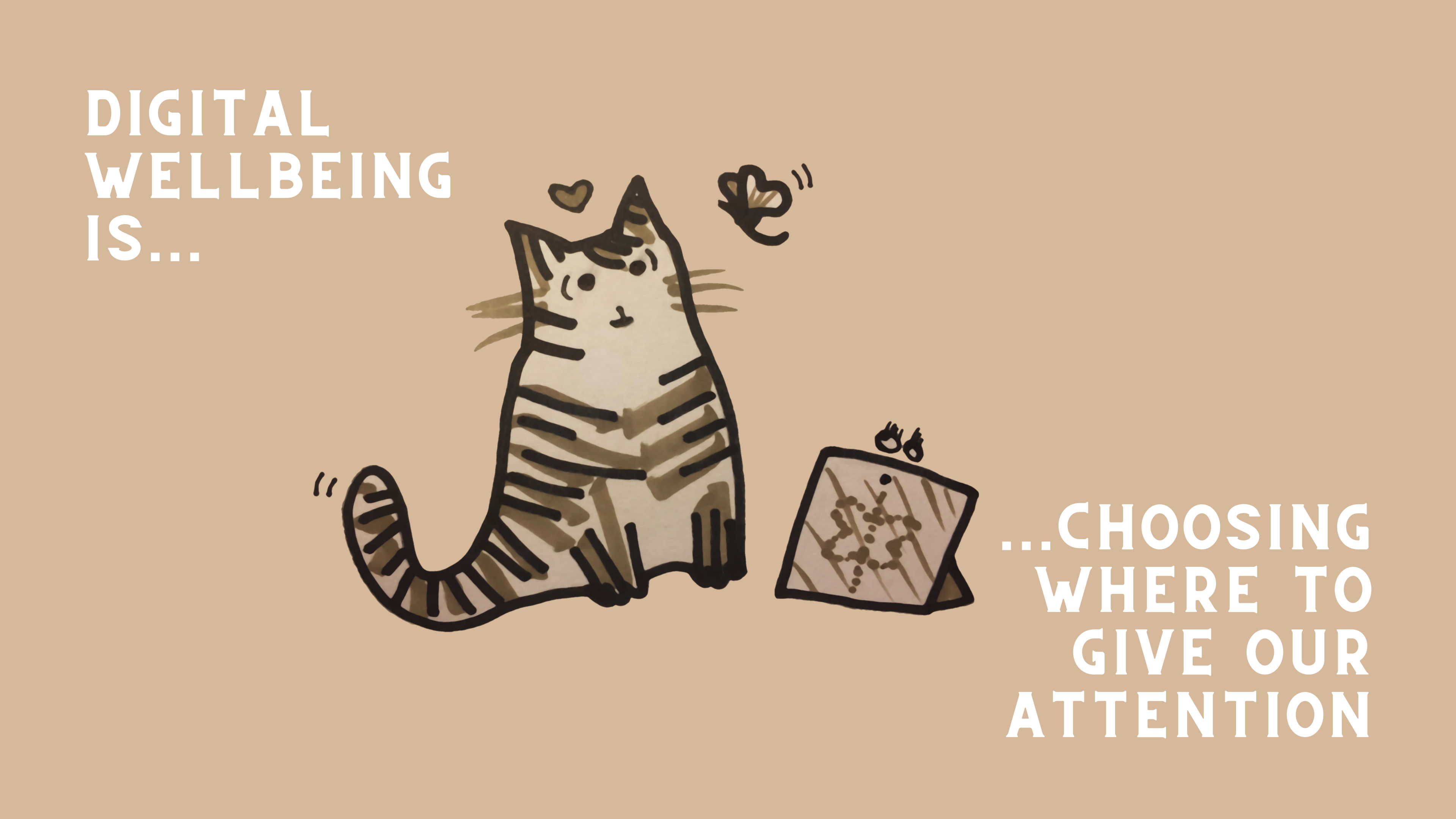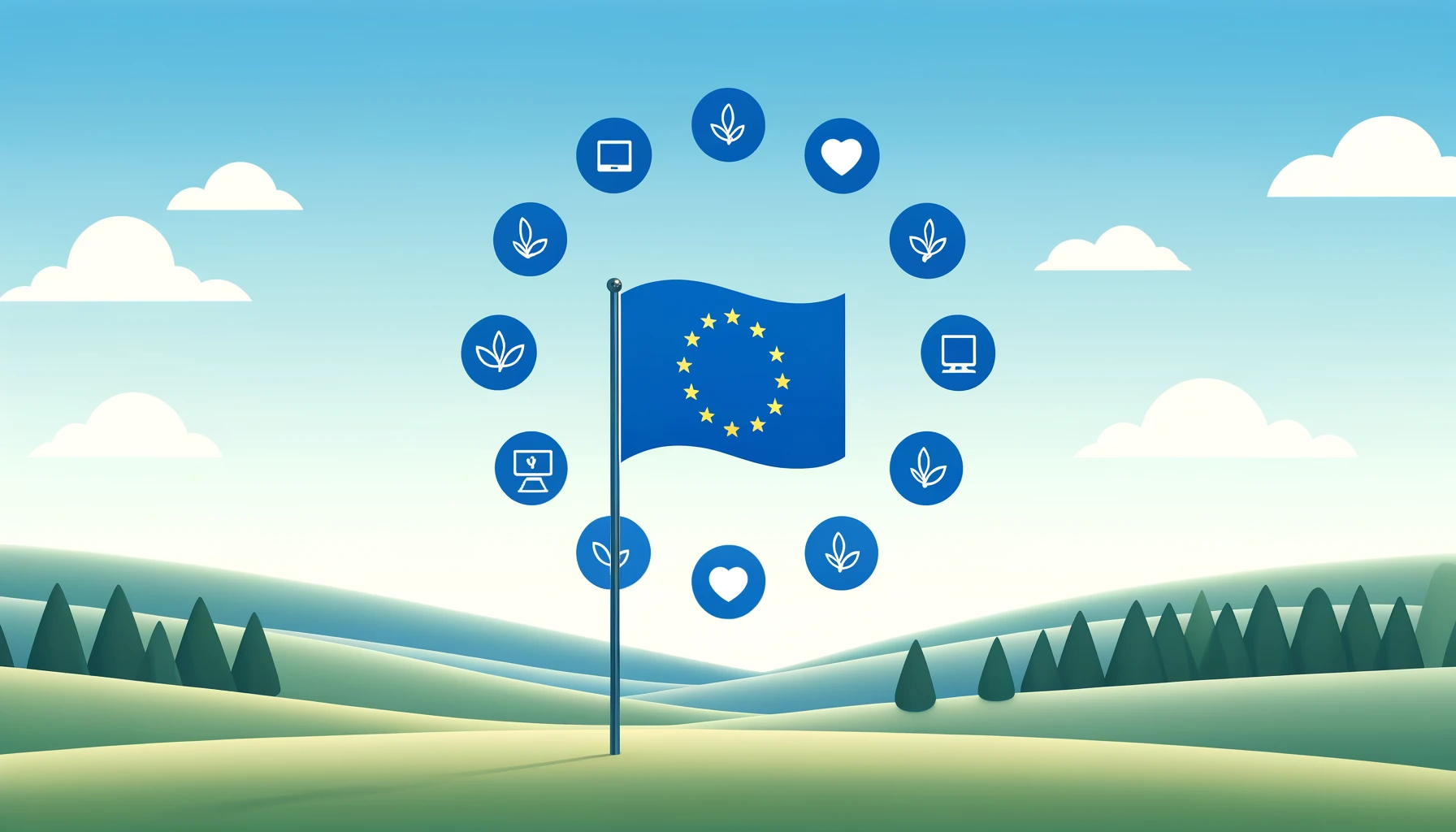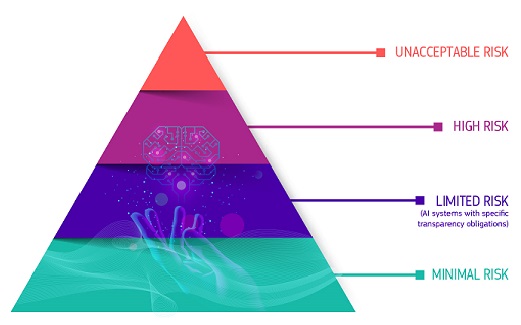On 25th of September EAVI attended the conference ‘Addressing Disinformation: Anticipating threat, building Resilience and Fostering open dialogue’ at the European Parliament, organised by the International Republican Institute, the ECR Group and the EPP group. Scheduled in two panels, the discussion brought together several experts with various backgrounds to critically evaluate the phenomenon of disinformation, and to propose initiatives and measures to tackle it.
Overall, what emerged from the discussion, was the shared recognition that the media landscape has extensively changed since the rise of the Internet and while this this poses great potential in enabling a more participatory and inclusive society it also has resulted in one that is being damaged by widespread disinformation.
New technologies and platforms, such as social media, have been turned into powerful echo chambers for political propaganda, endangering the fundamental rights of pluralistic and free media enshrined in the EU Charter of the Fundamental Rights. Domestic and foreign actors make use of online platforms as part of hybrid threats for internal security (see, for example, the manipulative use of Russia’s disinformation campaign addressed to the Eastern European countries or the unauthorized use of personal data given by Facebook to third parties in electoral contexts).
The proliferation of disinformation can be easily understood as false news reaches more people since it is inexpensive, economically profitable and, furthermore, because it goes straight to the emotional sphere. Encouraged by emotions, internet users tend to share content more quickly and without any verification, turning into unintended disseminators of fake news. This is why the main targets of disinformation are two highly sensitive topics, migration and elections, meaning they are, indeed, the drivers of the most impulsive reactions.
During the debate, the call for more engagement from the EU was considered necessary. Disinformation doesn’t follower borders and therefore undoubtedly requires a common and integrated European approach.
It is generally recognised that the building of a stable and trustful (or trustworthy) ecosystem online depends on the overarching principles such as transparency, diversity of information, high quality journalism and, of course, education.
In light of this various different suggestions were proposed. Tackling disinformation online means adopting fact-checking tools by empowering professional journalists and fact-checking organisations; restricting options for political advertising and ensuring the accountability of the sponsored content, providing people more transparent digital data; allowing users to detect and report disinformation by providing them more effective tools; uniform and regulated European approach trough EEAS and a revival of values. All these measures have been continuously at the core of the debate but, unfortunately, only on a theoretical level.
While many suggestions were many it was disappointing to hear the lack of focus on media literacy and media education. Throughout both panels it was discussed only once when a member of the audience posed a direct question related to media literacy. Only then did the panel agree of its importance, but it was never a stand-alone topic of focus.
Although high quality content and opinions were shared, effective and innovative solutions didn’t really emerge from the debate. Beyond the general guidelines and the overarching principles on which we all agree for fighting disinformation and misinformation, the speeches were quite repetitive, formal and poor with regards to first hand experiences and solutions. More academic and personally oriented, the debate lacked definite action and concrete proposals for future steps.
Even if the phenomenon of disinformation is not something new, it appears the conversations are based on the same re-occurring topics. Aside from this, it is of course encouraging to see high level experts acknowledging the issues. There are reassuring developments being introduced and it has led to important EU regulation such as the Digital Education Plan in January 2018, promoting a better use of digital technology by improving education for teachers and learners.
We at EAVI, are truly convinced of the crucial role media literacy plays in implementing full citizenship and tacking many societal issues today and we hope to see more debates like this take place, with more recognition of media literacy, manifesting into tangible action between different stakeholders.
On 25th of September EAVI attended the conference ‘Addressing Disinformation: Anticipating threat, building Resilience and Fostering open dialogue’ at the European Parliament, organised by the International Republican Institute, the ECR Group and the EPP group. Scheduled in two panels, the discussion brought together several experts with various backgrounds to critically evaluate the phenomenon of disinformation, and to propose initiatives and measures to tackle it.
Overall, what emerged from the discussion, was the shared recognition that the media landscape has extensively changed since the rise of the Internet and while this this poses great potential in enabling a more participatory and inclusive society it also has resulted in one that is being damaged by widespread disinformation.
New technologies and platforms, such as social media, have been turned into powerful echo chambers for political propaganda, endangering the fundamental rights of pluralistic and free media enshrined in the EU Charter of the Fundamental Rights. Domestic and foreign actors make use of online platforms as part of hybrid threats for internal security (see, for example, the manipulative use of Russia’s disinformation campaign addressed to the Eastern European countries or the unauthorized use of personal data given by Facebook to third parties in electoral contexts).
The proliferation of disinformation can be easily understood as false news reaches more people since it is inexpensive, economically profitable and, furthermore, because it goes straight to the emotional sphere. Encouraged by emotions, internet users tend to share content more quickly and without any verification, turning into unintended disseminators of fake news. This is why the main targets of disinformation are two highly sensitive topics, migration and elections, meaning they are, indeed, the drivers of the most impulsive reactions.
During the debate, the call for more engagement from the EU was considered necessary. Disinformation doesn’t follower borders and therefore undoubtedly requires a common and integrated European approach.
It is generally recognised that the building of a stable and trustful (or trustworthy) ecosystem online depends on the overarching principles such as transparency, diversity of information, high quality journalism and, of course, education.
In light of this various different suggestions were proposed. Tackling disinformation online means adopting fact-checking tools by empowering professional journalists and fact-checking organisations; restricting options for political advertising and ensuring the accountability of the sponsored content, providing people more transparent digital data; allowing users to detect and report disinformation by providing them more effective tools; uniform and regulated European approach trough EEAS and a revival of values. All these measures have been continuously at the core of the debate but, unfortunately, only on a theoretical level.
While many suggestions were many it was disappointing to hear the lack of focus on media literacy and media education. Throughout both panels it was discussed only once when a member of the audience posed a direct question related to media literacy. Only then did the panel agree of its importance, but it was never a stand-alone topic of focus.
Although high quality content and opinions were shared, effective and innovative solutions didn’t really emerge from the debate. Beyond the general guidelines and the overarching principles on which we all agree for fighting disinformation and misinformation, the speeches were quite repetitive, formal and poor with regards to first hand experiences and solutions. More academic and personally oriented, the debate lacked definite action and concrete proposals for future steps.
Even if the phenomenon of disinformation is not something new, it appears the conversations are based on the same re-occurring topics. Aside from this, it is of course encouraging to see high level experts acknowledging the issues. There are reassuring developments being introduced and it has led to important EU regulation such as the Digital Education Plan in January 2018, promoting a better use of digital technology by improving education for teachers and learners.
We at EAVI, are truly convinced of the crucial role media literacy plays in implementing full citizenship and tacking many societal issues today and we hope to see more debates like this take place, with more recognition of media literacy, manifesting into tangible action between different stakeholders.
On 25th of September EAVI attended the conference ‘Addressing Disinformation: Anticipating threat, building Resilience and Fostering open dialogue’ at the European Parliament, organised by the International Republican Institute, the ECR Group and the EPP group. Scheduled in two panels, the discussion brought together several experts with various backgrounds to critically evaluate the phenomenon of disinformation, and to propose initiatives and measures to tackle it.
Overall, what emerged from the discussion, was the shared recognition that the media landscape has extensively changed since the rise of the Internet and while this this poses great potential in enabling a more participatory and inclusive society it also has resulted in one that is being damaged by widespread disinformation.
New technologies and platforms, such as social media, have been turned into powerful echo chambers for political propaganda, endangering the fundamental rights of pluralistic and free media enshrined in the EU Charter of the Fundamental Rights. Domestic and foreign actors make use of online platforms as part of hybrid threats for internal security (see, for example, the manipulative use of Russia’s disinformation campaign addressed to the Eastern European countries or the unauthorized use of personal data given by Facebook to third parties in electoral contexts).
The proliferation of disinformation can be easily understood as false news reaches more people since it is inexpensive, economically profitable and, furthermore, because it goes straight to the emotional sphere. Encouraged by emotions, internet users tend to share content more quickly and without any verification, turning into unintended disseminators of fake news. This is why the main targets of disinformation are two highly sensitive topics, migration and elections, meaning they are, indeed, the drivers of the most impulsive reactions.
During the debate, the call for more engagement from the EU was considered necessary. Disinformation doesn’t follower borders and therefore undoubtedly requires a common and integrated European approach.
It is generally recognised that the building of a stable and trustful (or trustworthy) ecosystem online depends on the overarching principles such as transparency, diversity of information, high quality journalism and, of course, education.
In light of this various different suggestions were proposed. Tackling disinformation online means adopting fact-checking tools by empowering professional journalists and fact-checking organisations; restricting options for political advertising and ensuring the accountability of the sponsored content, providing people more transparent digital data; allowing users to detect and report disinformation by providing them more effective tools; uniform and regulated European approach trough EEAS and a revival of values. All these measures have been continuously at the core of the debate but, unfortunately, only on a theoretical level.
While many suggestions were many it was disappointing to hear the lack of focus on media literacy and media education. Throughout both panels it was discussed only once when a member of the audience posed a direct question related to media literacy. Only then did the panel agree of its importance, but it was never a stand-alone topic of focus.
Although high quality content and opinions were shared, effective and innovative solutions didn’t really emerge from the debate. Beyond the general guidelines and the overarching principles on which we all agree for fighting disinformation and misinformation, the speeches were quite repetitive, formal and poor with regards to first hand experiences and solutions. More academic and personally oriented, the debate lacked definite action and concrete proposals for future steps.
Even if the phenomenon of disinformation is not something new, it appears the conversations are based on the same re-occurring topics. Aside from this, it is of course encouraging to see high level experts acknowledging the issues. There are reassuring developments being introduced and it has led to important EU regulation such as the Digital Education Plan in January 2018, promoting a better use of digital technology by improving education for teachers and learners.
We at EAVI, are truly convinced of the crucial role media literacy plays in implementing full citizenship and tacking many societal issues today and we hope to see more debates like this take place, with more recognition of media literacy, manifesting into tangible action between different stakeholders.






















































































































































